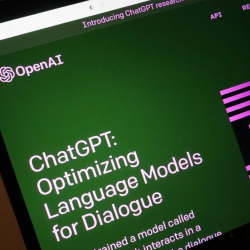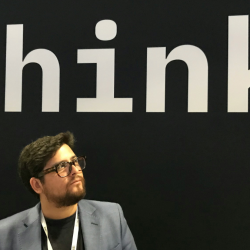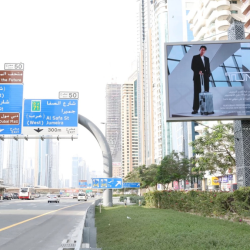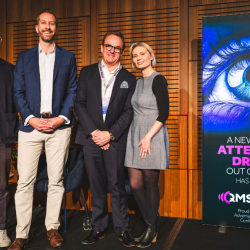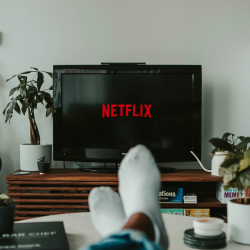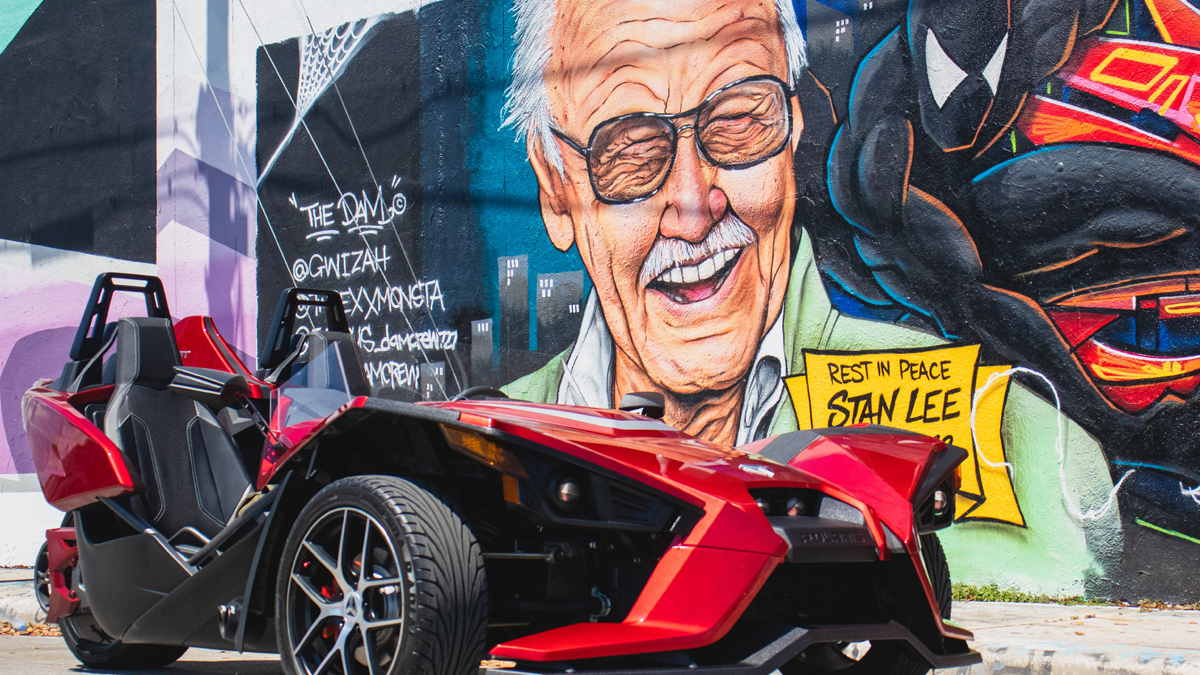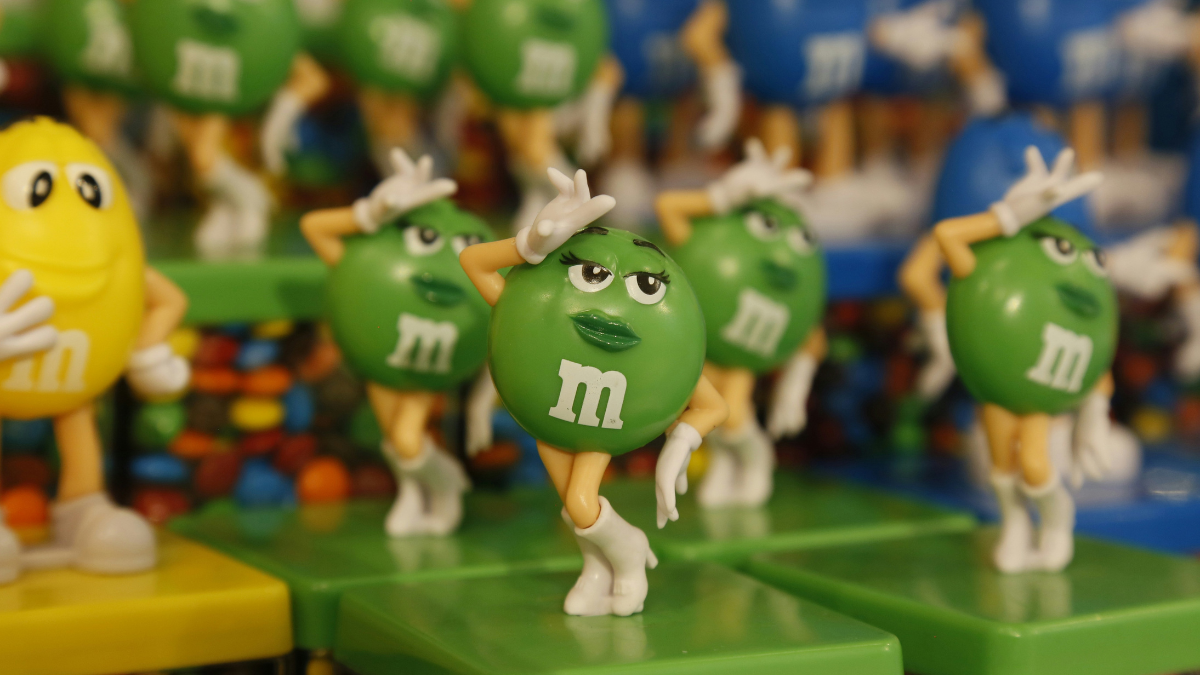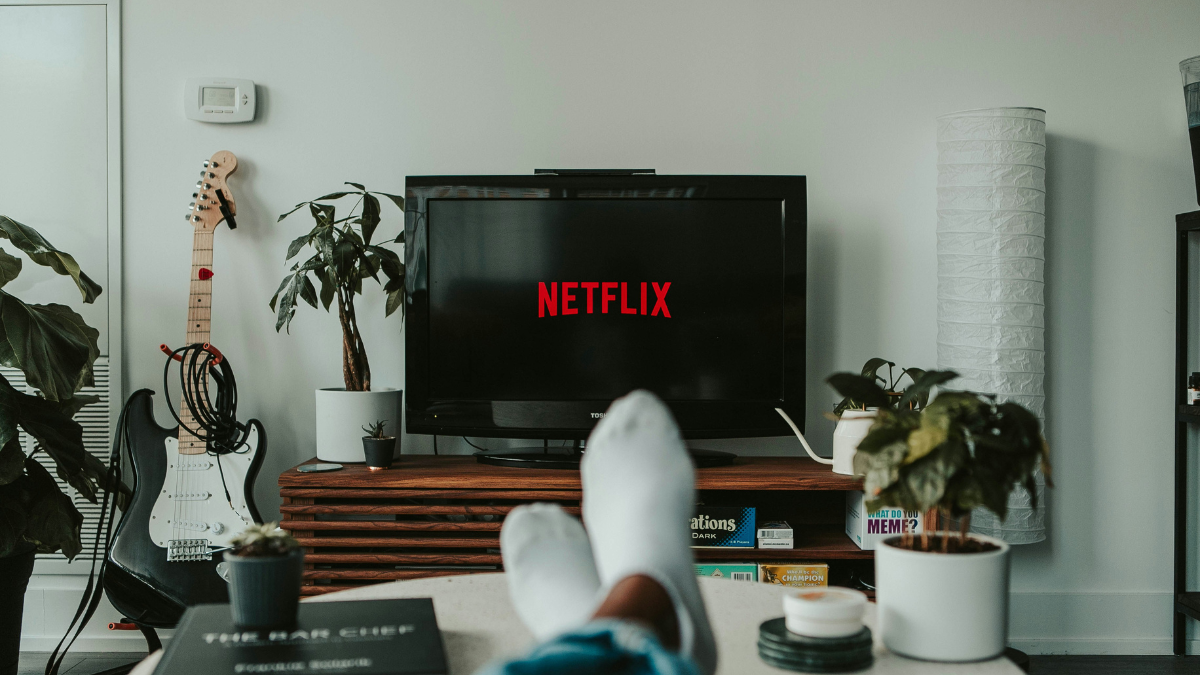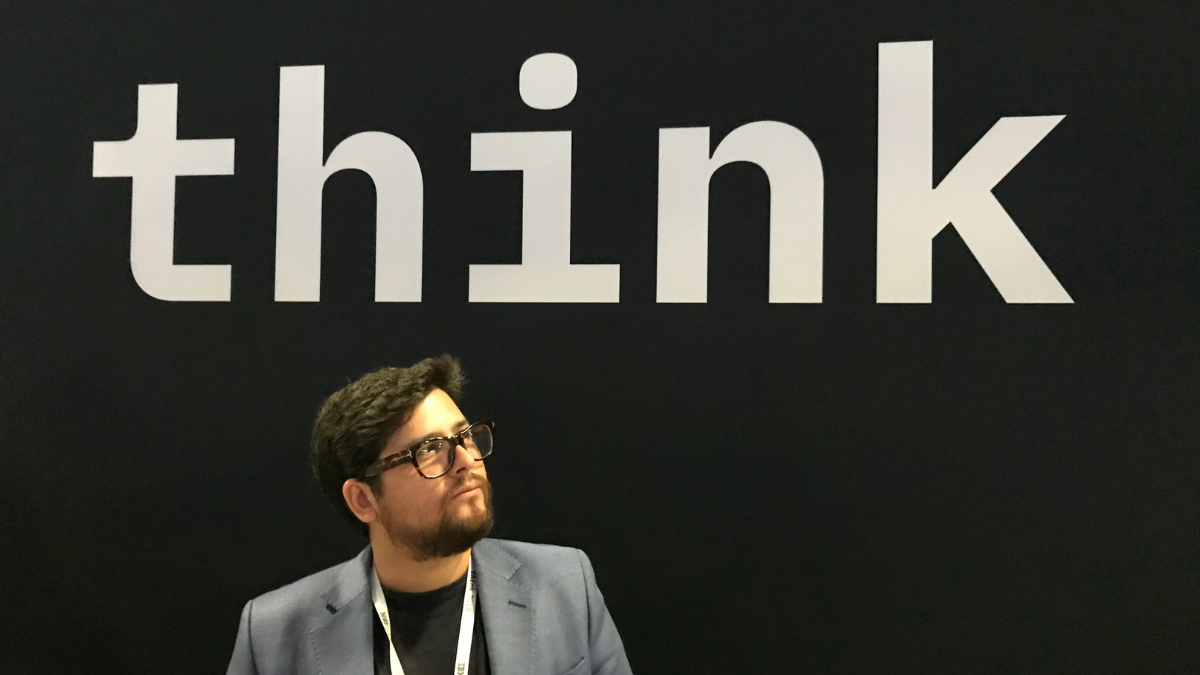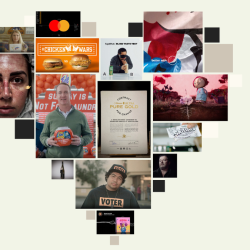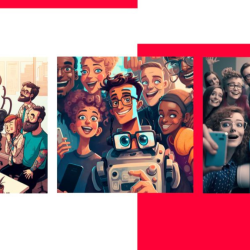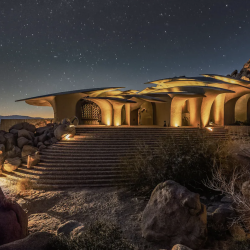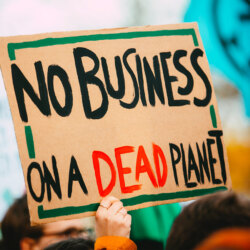How can we truly make change happen? How can we push the ball forward? We talk a lot in advertising about change, transformation and innovation. But sometimes that’s all it is, talk. Creative change is all about changing the brief — that is how we will drive change everywhere else. It may sound obvious, but you’d be surprised how few people actually try to do this. Ultimately, fear holds great work back and boldness pushes it forward.
It is common knowledge that Byron Sharp and Les Binet established the foundations for the best media practice. Brands and agencies have soaked up the wealth of knowledge they bestowed to achieve marketing effectiveness and algorithms and read data signals. But we need to move beyond these two.
Everyone has the same information and knowledge and therefore brands need an edge, a unique build to make work that stands apart from the herd. As times have moved forward, we see social and environmental issues tackled in ads, and brands want to be seen taking a stance and having strong opinions. It’s our job to reevaluate brand messaging and update their approach to add value. Consumers are more skeptical and tuned in to marketing techniques and gimmicks. People want to buy into brands in which they see themselves reflected, and ones with which they have a strong connection. Therefore have a responsibility (as creatives and planners) to work alongside brands to ensure our messaging is inclusive and relevant.
And so we go back to basics with advertising and marketing. We need to talk to these communities we’re representing, so that our creative and outcome is authentic. Data cannot always be achieved and analyzed in a clinical way, it has to be sought out from the roots. We have to ensure that we take responsibility as planners, creatives and leaders to move uncomfortable conversations, brand messages and industry issues forward. This needs to be reflected in the work we’re making. There’s a delicate balance between talking to a niche group of a target market, and just talking to everyone to ensure no one’s left out the loop. Going back to basics can be helpful — to humble ourselves. To start at the foundations, with focus groups and by analyzing data; from connecting with people who have lived the lives we’re trying to creatively portray.
Marvel is a great example of a brand that has evolved over time
Marvel is undoubtedly a powerhouse of comics, films and ads; they have a universal appeal and fans that span a wide age demographic. Recently they’re producing films and TV quicker than ever. Everywhere you turn, a Marvel logo will catch your eye.
Are they spreading themselves too thin? Is Marvel even separating the heroes from villains, or are they blurring into one entity at this point? With a committee dedicated to appeal to X group, and another for Y and Z.
Take Agents of Shield (2013-2020), which ran for seven seasons thus proving it wasn’t a flop. It did indeed engage with audiences, but it wasn’t as creatively satisfying as it could have been. Half the time it was more schedule filler than killer. It did introduce itself as Marvel on the small screen, but in making it for a TV audience with paint-by-numbers stories for each demographic, they watered it down to ensure it didn’t alienate their core audience. By casting their net so wide, did they lose their message?
This isn’t limited to Marvel and it’s reflected all around us.
At the turn of the century the UK created the Millennium Dome, with its zones all trying to be different things, and it failed. (Editor’s note: it later went onto become more successful, when it became more focused on what worked as a venue.)
So whether it’s the final season of Game of Thrones (2011-2019), or films like The Hobbit (2012) or the Charlie’s Angel reboot (2019), or lackluster recent work from musicians like Oasis, Fleetwood Mac, Lil Wayne (Editor’s note: his recent album Funeral (2020) received lukewarm reviews) and Kanye — it all signals a decline in effectiveness.
Ultimately, to truly connect with people, work needs to come from a place of truth and must be closer to the communities it represents.
Featured image: Ussama Azam / Unsplash
